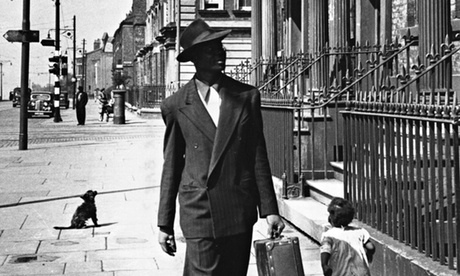
Read on for some SEN articles that reflect on some news items reported on the blog over the past several weeks, on nationalism-related current events:
(Re)inventing the Past: The Politics of ‘National’ History in the Ukrainian Classroom, Peter W. Rodgers, Volume 6, Issue 2, September 2006, pp. 40-55.
This article examines how the Ukrainian state has used, and continues to use, history to forge collective identities in Ukraine. It assesses how history textbooks are utilised by the state as ‘tools’ to introduce schoolchildren to key historical episodes around which a modern Ukrainian national identity can be shaped. Attempts to ‘historicise’ Ukrainian national identity must answer fundamental questions such as: Who are we? Where have we come from? Where are we going? Who are we not? The final question is vital in understanding ‘who we are’ in comparison to the ‘other’. Thus, emphasis is placed on how the Ukrainian state is attempting to form an all-encompassing Ukrainian identity by distancing itself from Russia. The article argues that while a ‘national’ history is being espoused, a ‘regional politics of the textbook’ is subtly being allowed by the state to develop. This stands at odds with state attempts to create one universal, all-encompassing Ukrainian history.
Cultural Identifications, Political Representations and National Project(s) on the Symbolic Arena of the Orange Revolution, Eleonora Narvselius, Volume 7, Issue 2, September 2007, pp. 29-55.
The article is a study of the interplay of several important generators of meanings of the Orange Revolution, namely, background representations, cultural scripts, actors and audiences. The events of the Orange Revolution are interpreted as a symbolically charged socio-cultural performance. The analysis is focused on the cultural identity component of the political representations of the main stage characters (two presidential candidates) which were constructed in such a way that they explicated visions of national development and vectors of identity work that currently coexist and compete in Ukrainian society. The author suggests that the symbolic arena of the Orange Revolution revealed that a culturally informed project of nation building, well in line with aspirations of wider circles of nationally conscious Ukrainian intelligentsia, might become one of the crucial factors of political mobilisation in present-day Ukraine.
‘Moving On’: The Politics of Shared Society in Northern Ireland, Cillian McGrattan, Volume 12, Issue 1, April 2012, pp. 172-189.
Debates over the direction of the Northern Irish peace process have moved from decommissioning and all-party inclusion to community relations and whether society is becoming more or less integrated and shared. This article contends that what is missing from this debate is consideration of the fact that a process of de-politicisation is occurring – specifically, inspired by a progressivist imperative, political discourse and engagement are increasingly moving from the public sphere to more privatised concerns. I argue that that vision does not speak to the trauma of the past and that the silencings, limitations, and dilemmas it leads to are most lucidly seen in recent Northern Irish drama productions. I conclude by sketching an alternative ethical vision based on an attachment to remembering historical injustices and a repudiation of the social pressure to draw a line under the past.
Maintaining a Chinese Nationalism: Patriotic Education, Second-hand Rose and the Politics of ‘National Conditions’, Jonathan Doughty, Volume 9, Issue 2, September 2009, pp. 198-212.
This article considers the development of China’s system of ‘patriotic education’ (aiguozhuyi jiaoyu). It examines Chinese Communist Party (CCP) documents on patriotic education’s establishment, along with high-school (gaozhong) texts used as ‘national conditions’ (guoqing) curricula, in order to demonstrate how subsequent considerations of the development of Chinese nationalist identity must consider various modes of the party-state’s educational apparatus in the ‘teaching’ of nationalism. We may then view from a better vantage how the Chinese party-state maintains discursive hegemony over the Chinese cultural past – inherited, imagined or otherwise – in its ideological seizure of nationalism, and how this ‘official’ nationalism interacts with and engages other nationalisms of the Chinese nation, such as that found within the vibrant Chinese subculture of yaogun yue (rock and roll).





